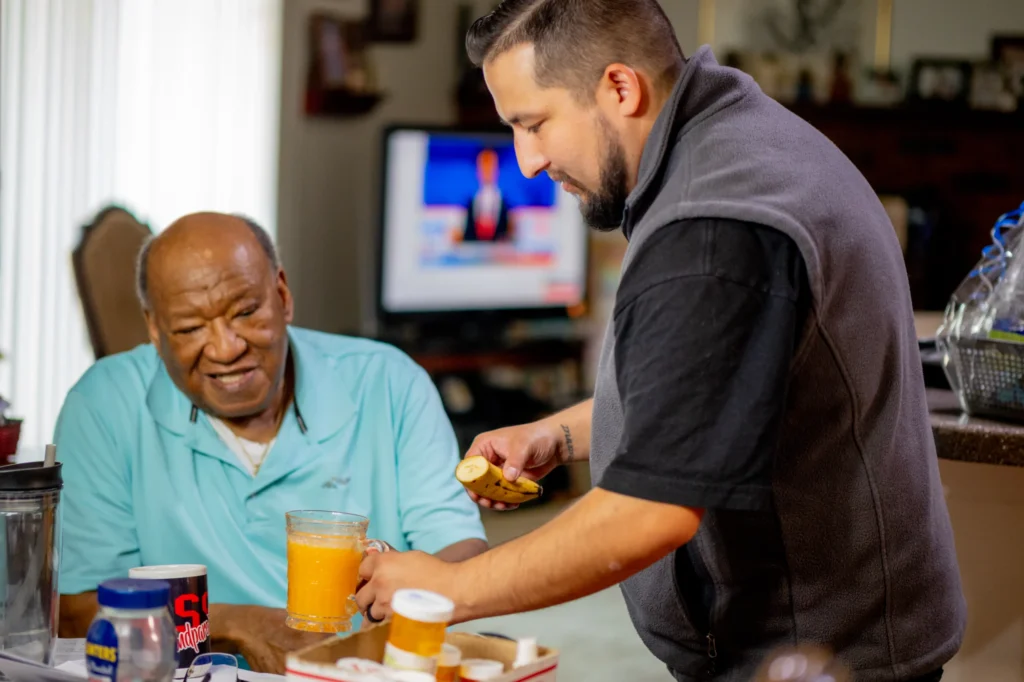Understanding Severe Debility and Failure to Thrive: A Guide for Caregivers
As our loved ones age, their health needs can become increasingly complex. Severe debility and failure to thrive (FTT)are conditions that signicantly impact a senior's quality of life, making it crucial for caregivers to recognize the signs and seek appropriate care. Whether your loved one resides in their home, an assisted living facility, or a skilled nursing home, specialized senior care in California can provide the necessary support to improve comfort and well-being.

What Is Severe Debility and Failure to Thrive?
Severe debility refers to a general decline in physical strength, energy, and overall function, often resulting from chronic illnesses, neurological disorders, or advanced age. Failure to thrive is a condition commonly observed in elderly individuals, characterized by unintentional weight loss, malnutrition, weakness, and cognitive decline. According to the National Institute on Aging (NIA), FTT is often linked to underlying medical issues such as dementia, depression, cancer, or heart disease.

Recognizing the Signs of Failure to Thrive
Caregivers should be aware of the following warning signs that indicate a senior may require skilled nursing care:
- Signicant, unexplained weight loss despite proper nutrition
- Increased fatigue and frailty, leading to difculty performing daily tasks
- Frequent falls or injuries due to muscle weakness and poor coordination
- Changes in cognitive function, such as confusion or memory loss
- Loss of interest in eating, socializing, or participating in activities
- Chronic infections or slow-healing wounds, indicating a weakened immune system

How Skilled Nursing Can Help
For seniors experiencing severe debility or failure to thrive, skilled nursing care offers a structured and supportive environment to improve their overall health and well-being. Our program provides:
- Nutritional Support & Meal Planning: Ensuring patients receive high-calorie, nutrient-dense meals to prevent further weight loss and malnutrition.
- Physical & Occupational Therapy: Focused on strength-building exercises and mobility support to enhance independence.
- 24/7 Medical Supervision: Skilled nurses and physicians monitor vital signs, medications, and chronic conditions to prevent further decline.
- Emotional & Mental Health Support: Addressing depression, anxiety, and social isolation with compassionate care and structured activities.
- Personalized Care Plans: Each patient receives a customized treatment plan designed to meet their specic needs, whether at home or in a skilled nursing facility.
Caring for Your Loved One at Home
If transitioning to a skilled nursing facility isn't an immediate option, our in-home care services provide an alternative to ensure your loved one receives the proper attention they need. Homebased care can help by:
- Providing medical check-ups and wellness monitoring to track progress
- Offering home therapy programs to improve mobility and strength
- Administering medication and pain management support
- Educating caregivers on proper nutrition and physical care techniques

